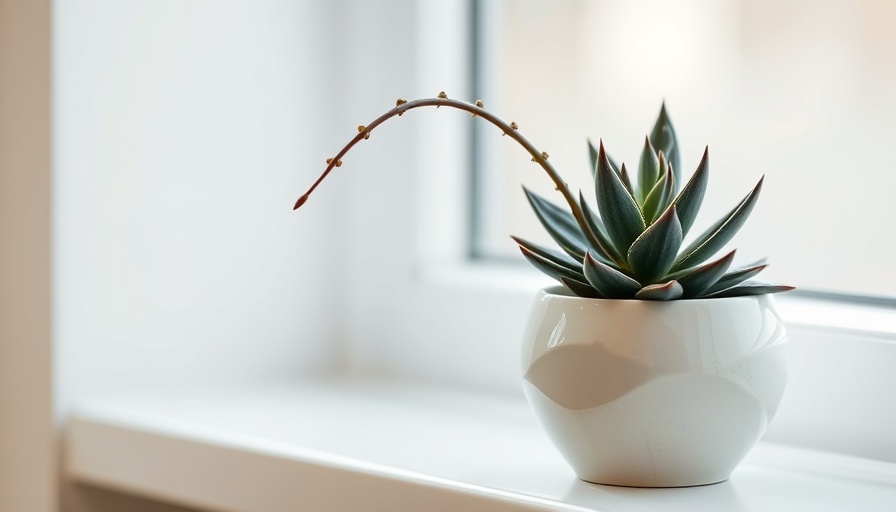
Understanding Your Plant's Needs
Every plant has unique needs that, if not met, can lead to distress. A plant's health is often a reflection of how well its requirements are being managed. When diagnosing issues—whether it's wilting leaves or yellowing foliage—the first step is to understand the natural habitat of your plant. Knowing the ideal water levels, light conditions, and humidity levels is crucial. For example, indoor plants like pothos thrive in bright, indirect light, while others, such as snake plants, can survive in low light.
Watering Wisely
Watering is a common issue for many new plant owners. It's essential to adopt a smarter watering routine rather than a reactive one. Overwatering is just as detrimental as underwatering. Instead of waiting for signs of distress, regularly check your plant’s soil moisture. Stick your finger into the soil; if it’s dry to the touch down to your second knuckle, it's time to water. Conversely, if it’s wet, hold off. This simple routine can help you foster a healthy indoor garden.
Identifying Pests and Diseases
Pest infestations are another major issue that can affect your plants adversely. Common garden pests such as aphids or spider mites often go unnoticed until significant damage occurs. Regularly inspecting both the upper and underside of your leaves can help catch these offenders early on. Implementing organic pesticides or introducing natural predators, like ladybugs, can keep your plants safe without resorting to harsh chemicals.
Common Plant Problems
Whether you're dealing with garden pests or environmental stressors like too much sunlight, it’s important to diagnose correctly. For instance, drooping leaves can indicate that your plant is thirsty, but they can also signal that it has been exposed to too much direct sunlight, which can scorch leaves. Knowing how to read these signs is vital for making informed decisions.
The Role of Fertilization
When you notice stunted growth or yellowing leaves, the issue may be nutrient deficiency. Regular fertilization can replenish important nutrients that your plant may be lacking. Different plants require different types of fertilizers, so research what works best for your species. For organic options, consider compost or seaweed extracts; both are excellent for enriching garden soil.
Conclusion: Making Your Plants Thrive
In conclusion, becoming a successful plant parent is a journey that requires patience and observation. By accurately diagnosing the health of your plants and understanding their needs—from watering practices to pest control—you'll be well on your way to cultivating a vibrant indoor jungle or flourishing outdoor garden. The heartwarming reward for your efforts will be the joy of watching your plants thrive. So take action today, check those leaves, gauge the soil moisture, and nurture your green companions to health!
 Add Row
Add Row  Add
Add 




Write A Comment